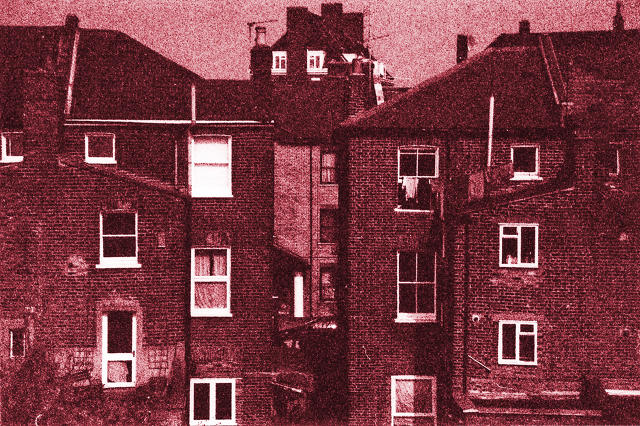Airbnb’s New Tool Allows You To Report Those Rowdy Neighbors
In the past, Airbnb has reacted to criticism that its hosts don’t pay hotel taxes by offering to remit them. It has responded to complaints that illegal hotels on the site contribute to rising rents for locals by vowing to purge them from its website. And now it’s responding to gripes about “Animal House-style” guests. On Tuesday, it launched a tool with which neighbors can report obnoxious or unsafe listings to the company.
“Our interest isn’t in just serving the guests and hosts,” Airbnb cofounder Nathan Blecharczyk told Fast Company. “We need to serve the entire community. If that means we have to take action against the host, we will.”
To use the new reporting tool, neighbors select from a drop-down menu of issues that include “noise, party, or disturbance”; “common spaces (parking, trash, etc.)”; and “general concerns with my neighbor hosting.” Neighbors can include either a link to the listing or a general description of the address. If they provide a link, Airbnb will follow up with them in five days. If not, though, the company may address the issue, but it will not confirm details about a listing. Airbnb also asks neighbors making a report to write a message to the host and gives them the option to include their contact information.
Airbnb says it will review every inquiry. If a host is violating the site’s policies, the company may suspend or remove them from the Airbnb site. The company will field inquiries through the current customer service team, with which neighbors had previously connected through a little-publicized neighbor hotline. Blecharczyk says he doesn’t expect that there will be enough complaints to require additional employees to staff the new reporting tool. “We believe this issue is talked about far more than it actually occurs,” he says, comparing the new tool to Airbnb’s $1 million insurance for hosts whose guests damage property, which is rarely used, but provides hosts with peace of mind.

Critics have pointed to rowdy guests as one way that Airbnb hurts neighborhoods. “On any given night, we can have 50 strangers staying here easily, parking, barfing, partying on a street that isn’t at all equipped for it,” a local told the Chicago Tribune. “These are people who aren’t invested in the neighborhood, obviously.” An editorial in that paper a couple of days later about Chicago Mayor Rahm Emanuel’s recently proposed regulations for Airbnb rentals mentioned Airbnb customers “who behave more like they’re at a Las Vegas bachelor party than in someone’s home” and argued that while Airbnb instructs its hosts to follow local laws, “it doesn’t police its users—preferring to leave that function to local governments. Convenient for Airbnb.”
Airbnb can now counter this argument by pointing to a system with which it plans to directly address complaints—just as it has done with its solution for remitting taxes.
The solution, however, falls short of interventions that a local police department might take, and Airbnb has not said whether it will relay concerns to law enforcement. Some critics say Airbnb is still not doing enough. “If they were actually following the law and had staff ratios that hotels have to have and had security ratios that hotels have to have, they probably wouldn’t get these complaints, says New York State Senator Liz Krueger, one of Airbnb’s most outspoken critics. “Will they come solve the problem within a two-hour period? Will they send someone immediately? I don’t see how after five days [Airbnb’s response] is relevant.”
Blecharczyk says it’s in Airbnb’s best interest to resolve issues. “We don’t want neighbors or anyone else to be upset at us,” he says. “We want to be—as their neighbor—we want to be a responsible company.”
Fast Company , Read Full Story
(12)











